Image courtesy of USGS
Founded in 2021 and led by Allison Carruth and Barron Bixler, Blue Lab is an environmental storytelling and media production studio housed at Princeton University. The lab provides a training ground for established, emerging and aspiring environmental storytellers.
In our work, we bridge the tools of art and science, research and creative practice, historical knowledge and speculative imagination. The lab's core members have expertise in a wide range of fields, including American studies, anthropology, environmental arts, environmental humanities, geoscience, hydrology, Latin American history, multispecies justice, poetry and poetics, photography and theater. We partner with artists, editors, producers, journalists and filmmakers as well as community groups, media outlets and environmental organizations.
Current members
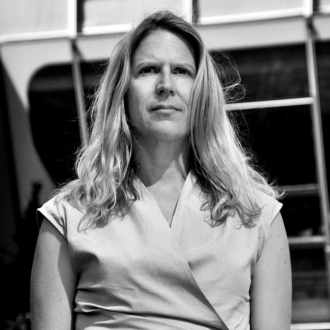
Allison Carruth
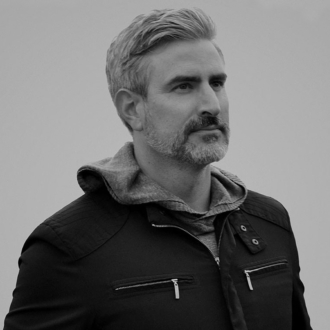
Barron Bixler
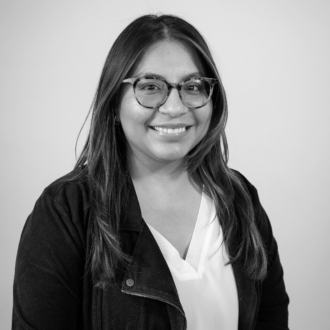
Asela Perez-Ortiz
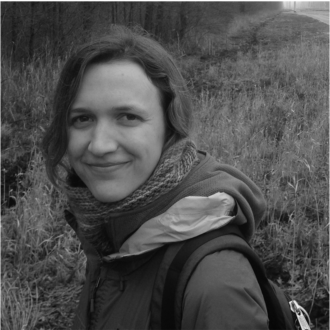
Jayme Collins
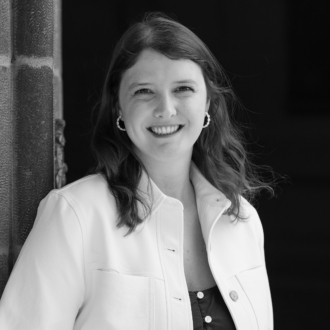
Diana Little

Kyra Morris
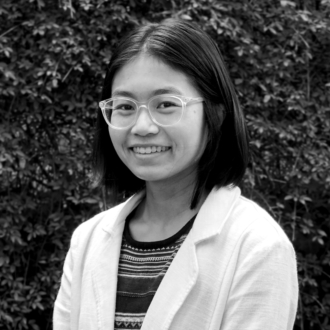
Jessica Ng

Gemma Sahwell

Mario Soriano
Lab alumni
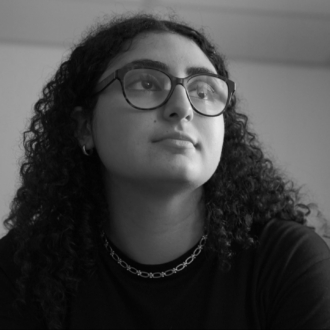
Farah Arnaout ’26
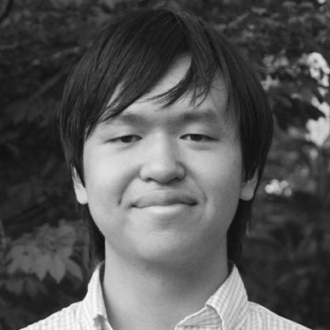
Christopher Bao ’27
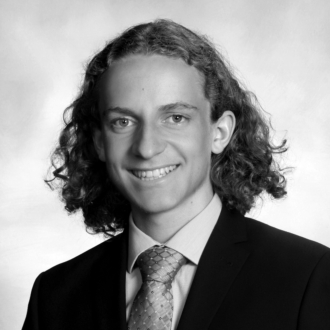
Braeden Carroll ’26
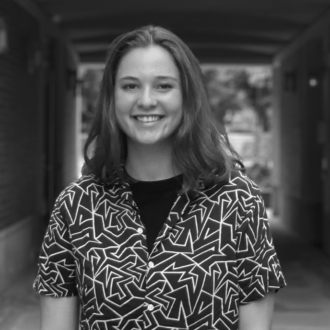
Noa Greenspan ’23
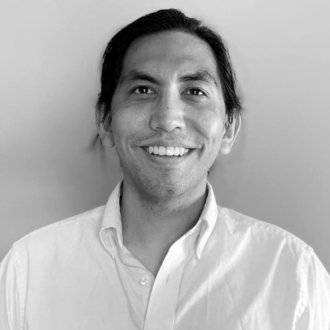
Patrick Jaojoco
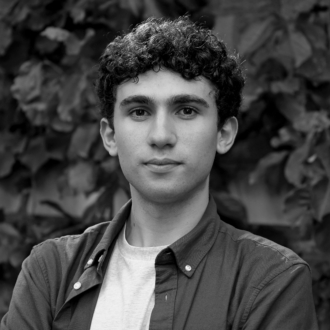
Alex Norbrook ’26

Nathaniel Otjen

Magdalena Poost ’23

Hannah Riggins ’27
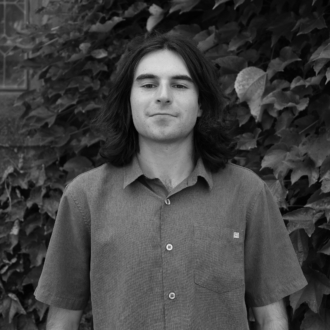
Jamie Rodriguez ’24

Juan Manuel Rubio
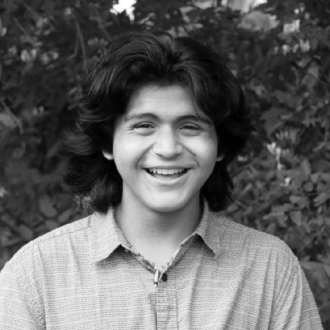
Jose Santacruz ’27

Molly Taylor ’25

Grace Wang ’26
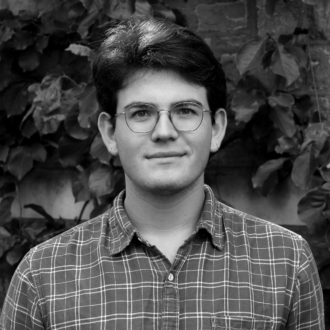
Max Widmann ’24
Current Collaborators
- John Higgins, Professor of Geosciences, Princeton University
- Tim Szetela, Lecturer in Visual Arts, Lewis Center for the Arts, Princeton University
- Kouvenda Media, Consulting producer for audio story projects
